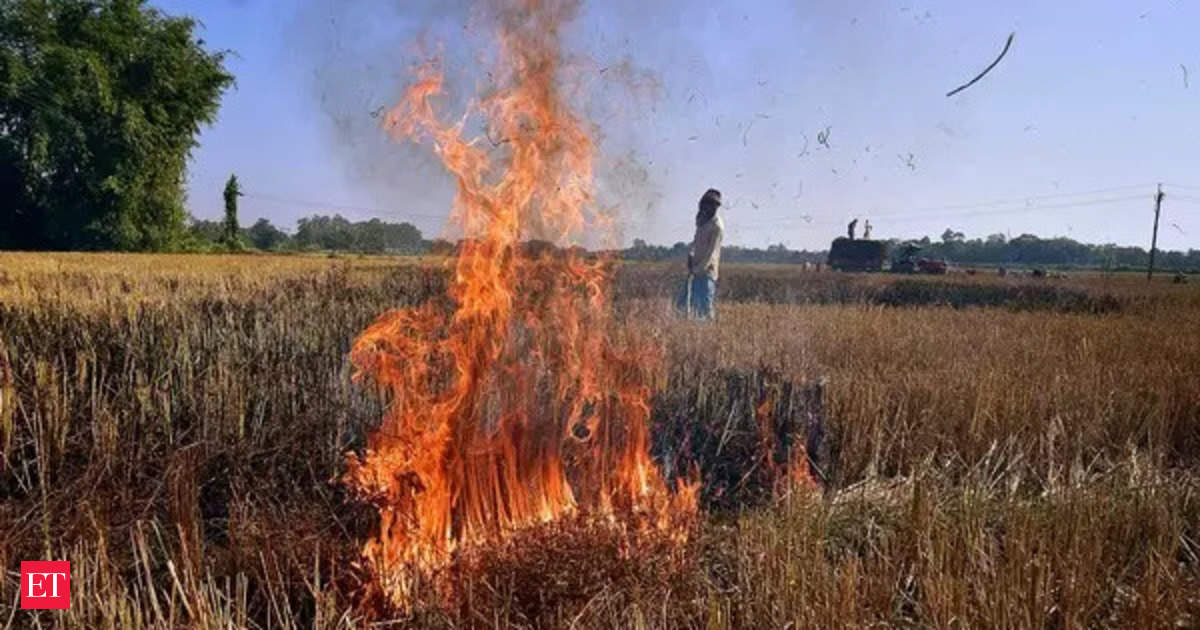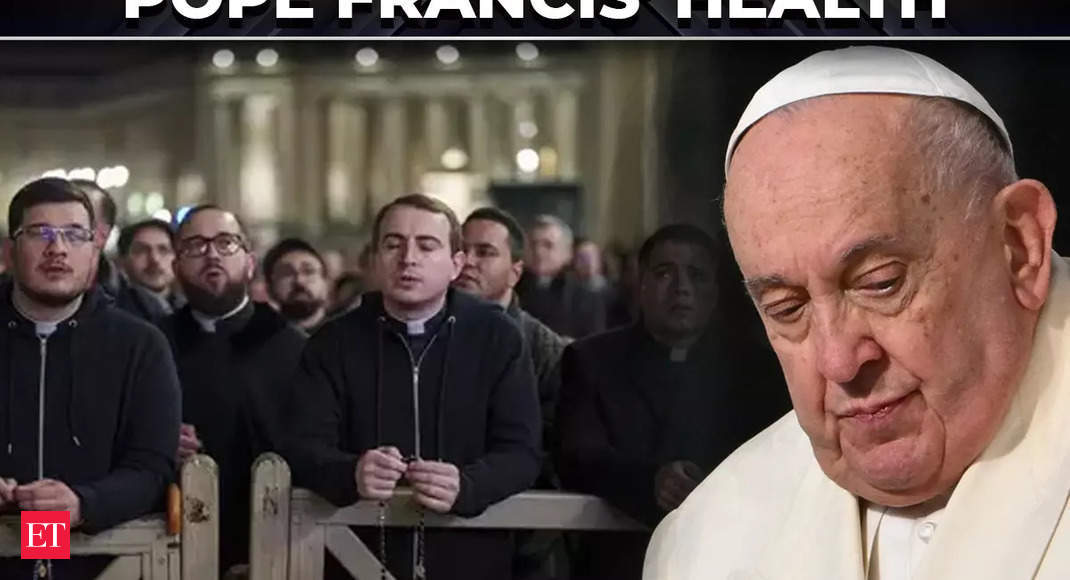Expressing deep concern over the deteriorating air quality in the Delhi-National Capital region, the Supreme Court on Tuesday directed the states of Punjab, Rajasthan, and Haryana to stop stubble burning “forthwith”. The court emphasized that the concerned SHO, under the supervision of the chief secretary and DGP of the state, would be held responsible for any violation of this order.
To find an immediate solution to the worsening pollution, the Supreme Court ordered a meeting tomorrow among officials from Punjab, Haryana, Uttar Pradesh, and Rajasthan to ensure the immediate cessation of crop burning. The court urged the state governments to refrain from the blame game and not reduce the issue to a political battle. The bench made it clear that it does not care how the states achieve this goal, whether through forceful action or providing incentives, but they must put an end to stubble burning.
Justice Sanjay Kishan Kaul, speaking for the bench, lamented the absence of a solution for this problem over the past several years. He stated that farm fires and crop burning continue unchecked, and there is a lack of seriousness in addressing this issue. The court further remarked that Delhi cannot be subjected to this pollution burden year after year, as it has severe repercussions on the health of the people, especially children.
The bench also criticized the odd-even scheme implemented by the Delhi government to tackle air pollution. The court called it mere optics without any substantial result. The odd-even scheme involves allowing vehicles with odd registration numbers on the roads on certain days and even registration numbers on other days. The bench questioned the effectiveness of this scheme and remarked that such schemes are only for show.
The advocate general for Punjab informed the court that Punjab and Delhi governments are willing to bear half the expenditure of providing expensive machines to farmers to prevent stubble burning. The advocate general proposed that the remaining half of the expenditure be borne by the central government. The bench requested the central government to respond to this proposal.
Additionally, the advocate general suggested phasing out paddy cultivation and exploring options for providing Minimum Support Price for alternative crops. The court found merit in this suggestion and emphasized the need to phase out paddy cultivation.
The matter will resume hearing on November 10.









